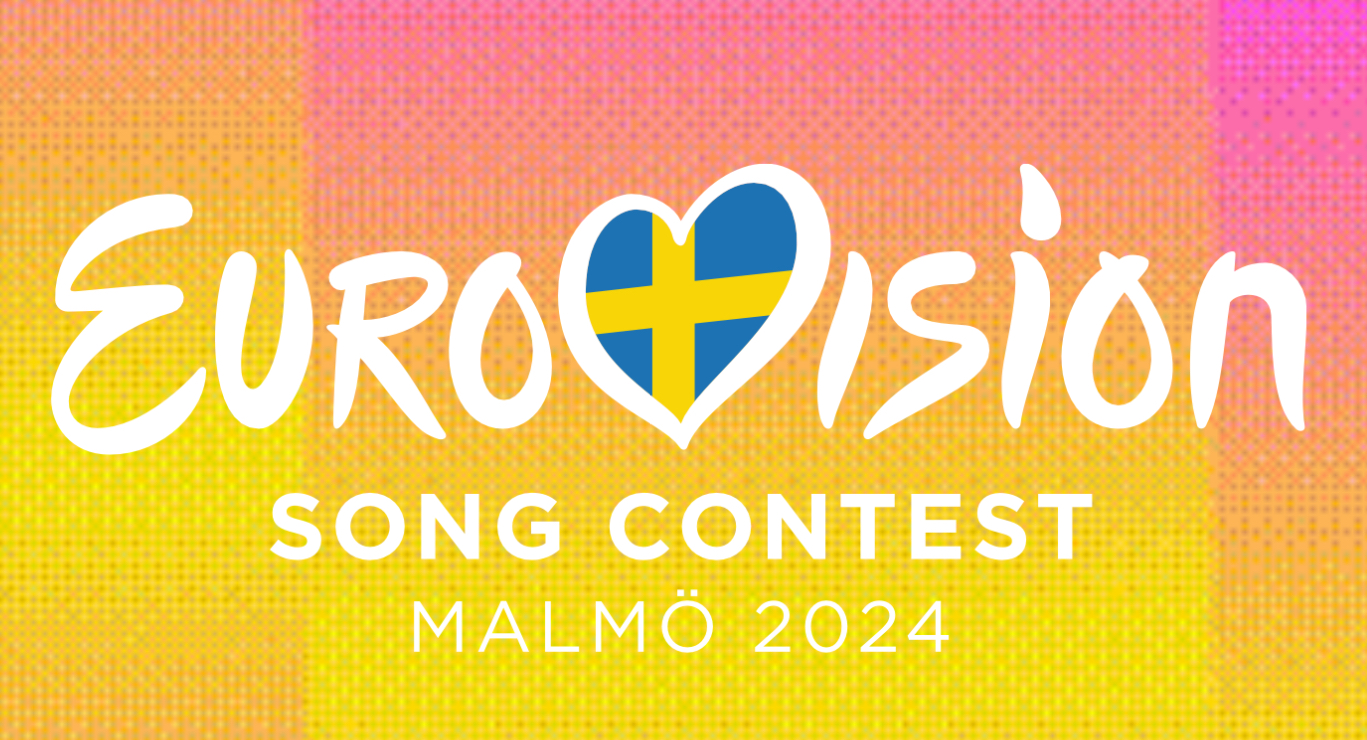Every year, the organisers of the Eurovision Song Contest tell us that they want to keep politics out of the competition -and every year they fail. Their denial that they are running a deeply political event is both futile and ludicrous, writes Political Editor Nick Powell.
Claiming that politics should be kept out of the Eurovision Song Contest -and that it’s possible to do so- is almost as daft as saying it should be kept out of sport. Actually, it’s not quite as political as the Olympic Games, at least as a television event. If you get the chance to switch between different countries’ coverage of the competitions in Paris this summer, you’ll find it hard to believe they’re at the same event.
That is the nationalistic nature of sports coverage; at least with Eurovision, we all get to watch the same programme. And by ‘Eurovision’, of course I mean the Song Contest, which has become synonymous with the brand of the European Broadcasting Union. Officially, Eurovision facilitates cooperation between public service broadcasters: it lets us watch the New Year’s Day Concert in Vienna, a taste of Austria’s cultural soft power.
But it’s at the Song Contest that cultural soft power is about as subtle as a punch on the nose -or a deafening blast of noise in the ears, with an assault on the eyeballs thrown in for good measure. Which is absolutely fine, it’s only once a year after all, just don’t tell me that it’s all about the mediocre melodies.
For a start if the quality of the tunes, the vocals and the staging were all that matters, the ‘big five’ of France, Germany, Italy, Spain and the United Kingdom wouldn’t be guaranteed a place in every final. But their broadcasters foot most of the bill, so they always make the cut.
Still, it’s not quite like the European Council (pre-Brexit obviously), the voters decide the winner. Though Eurovision has an electoral system far more complex than mere qualified majority voting. Expert judges decide half the points awarded, people whose countries are not competing can vote -and if your country is in the final, you cannot vote for it.
The consequence is that the voting combines a smidgen of musical appreciation with a huge dollop of national prejudice -how one country regards another. Once upon a time, it was all quite predictable; countries voted for the neighbours they liked (or patronised) and not for the ones they were prejudiced against.
In that way, Eurovision, like sporting rivalries, became a fairly harmless alternative to how these matters used to be settled. But nowadays it’s not always an alternative to warfare but rather an extension of violent conflict.
The way the public vote secured musical victory for Ukraine two years ago plainly sent a political message. And a not unimportant one, both to politicians around Europe as a measure of where people’s sympathies lay and to Ukraine itself, where being part of Eurovision was already symbolic of what its politicians had long called ‘Euro-Atlantic integration’.
Clearly this year, the fortunes of Israel’s entry are the most politically significant. It’s generally regarded as on of the better entries but the amount of support it receives will undoubtedly be seen as an indicator of public attitudes to the war in Gaza and the Hamas attacks that preceded it.
I’ll leave it there for now. Like millions of people across Europe and beyond, I want to concentrate on watching the spectacle -both musical and political- that is Eurovision.




















